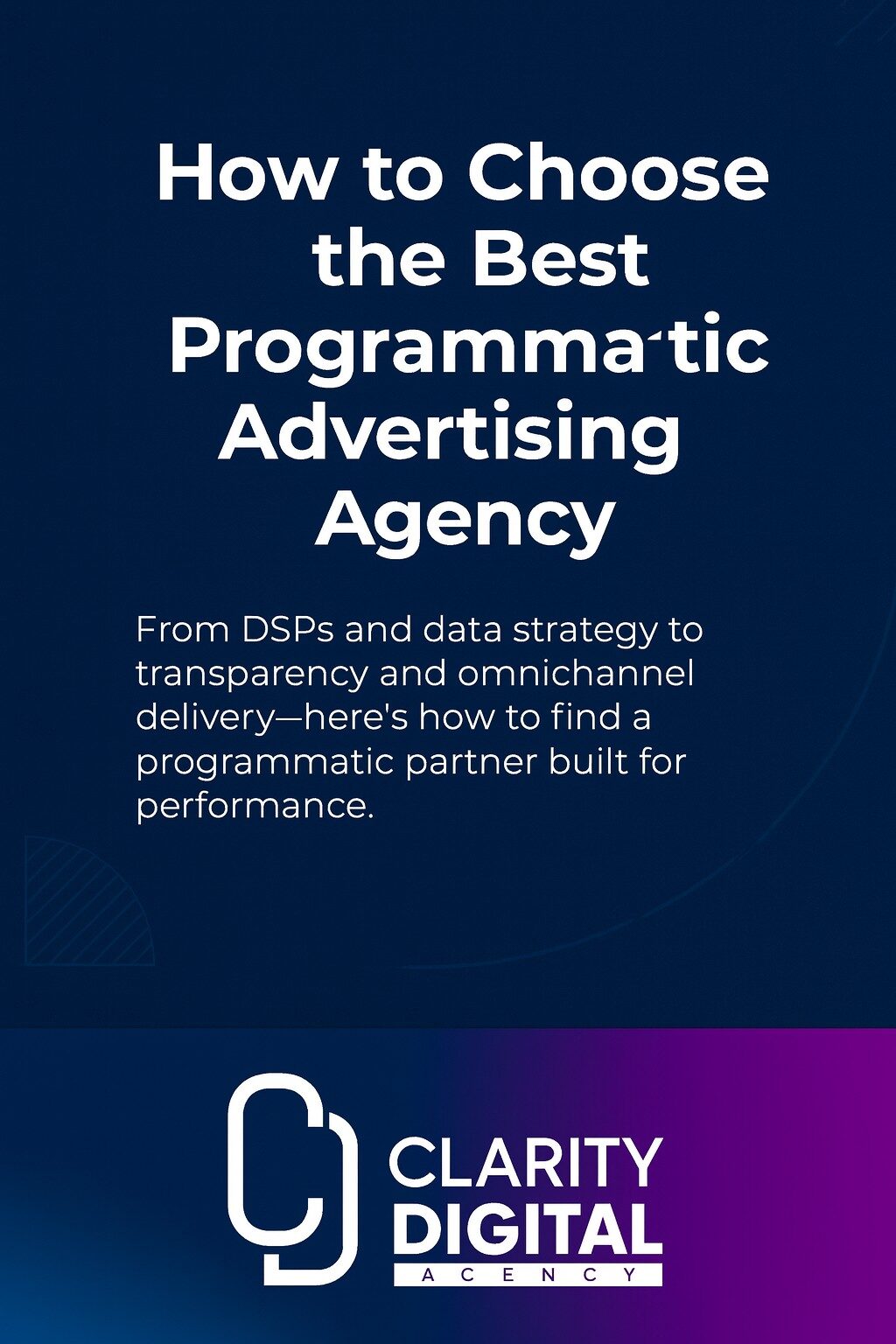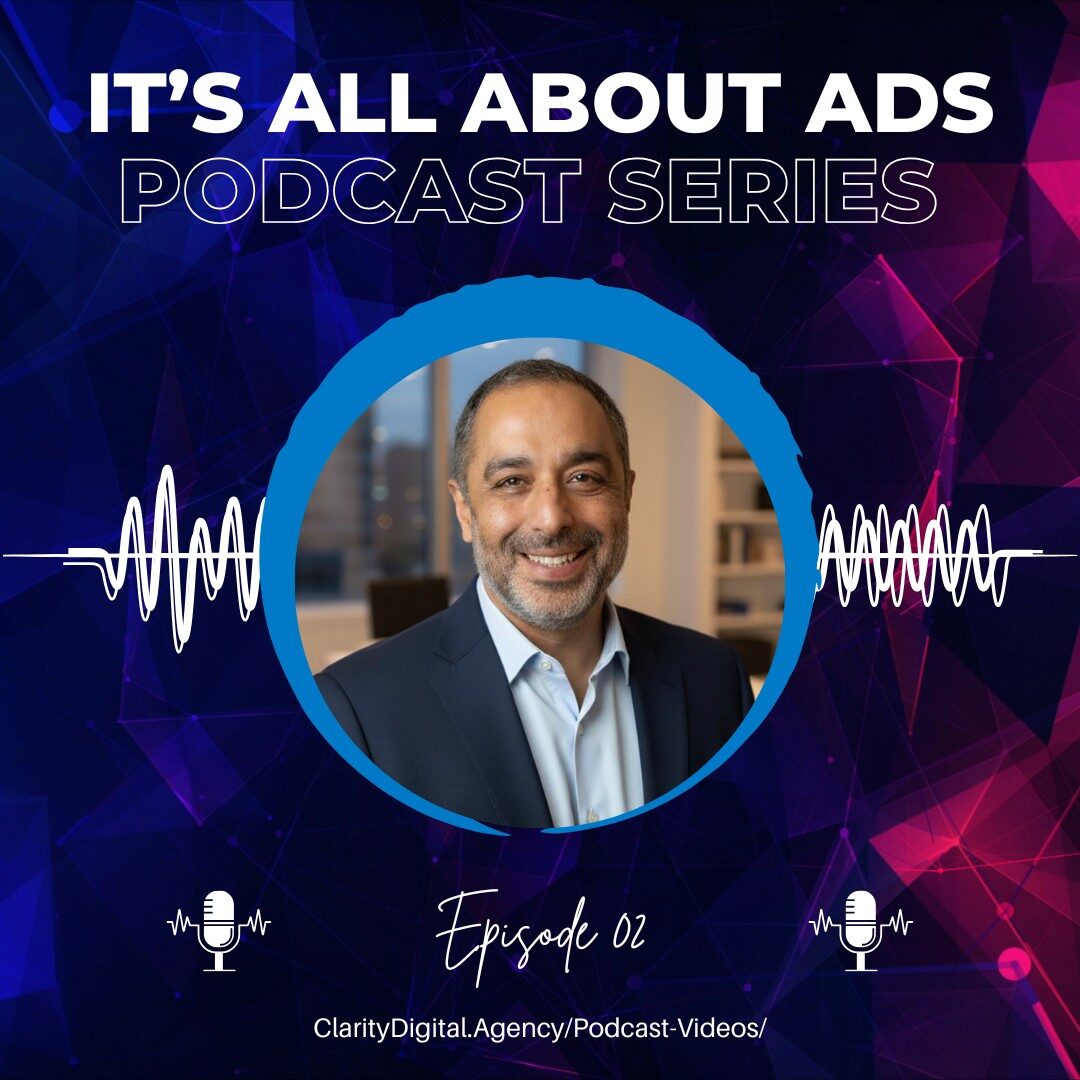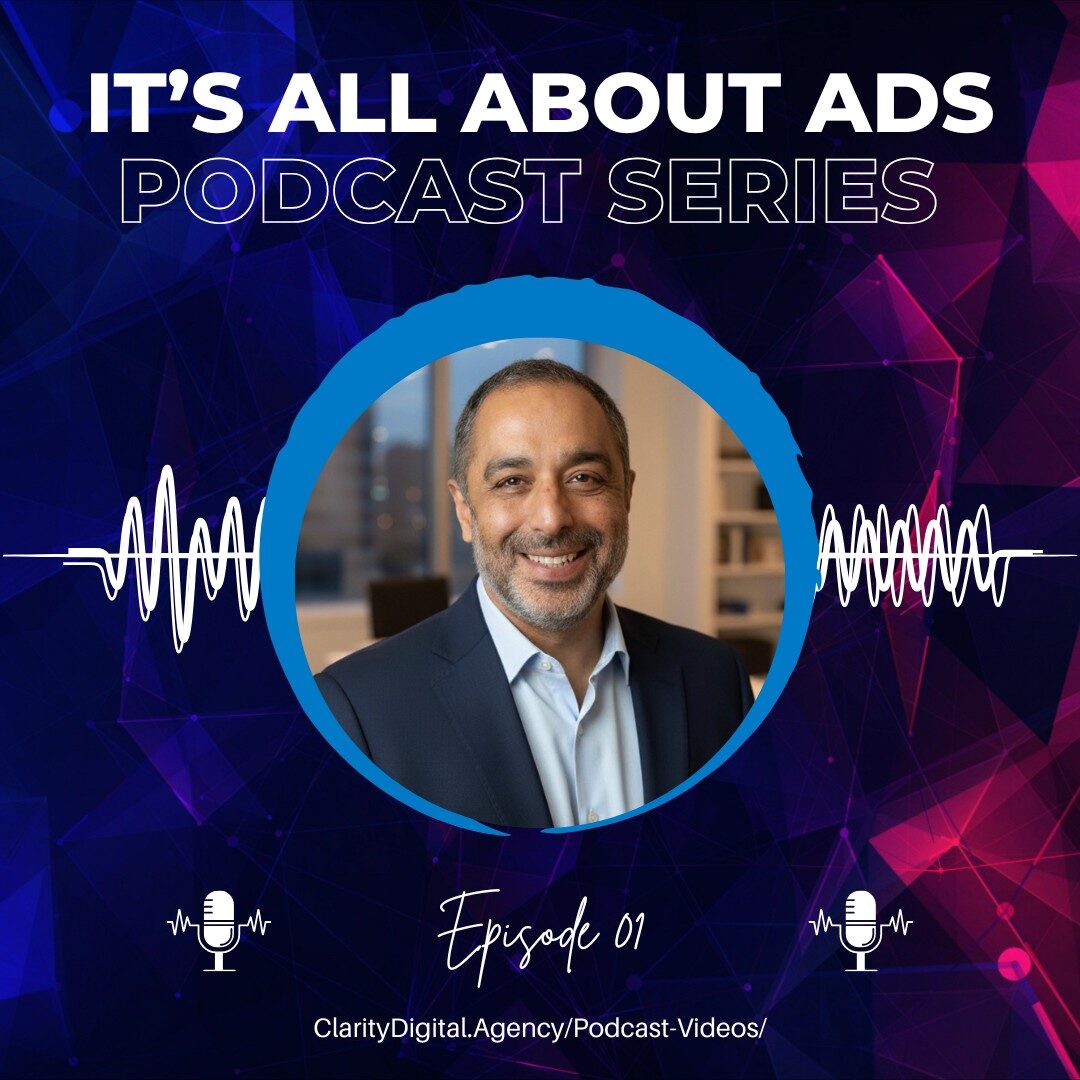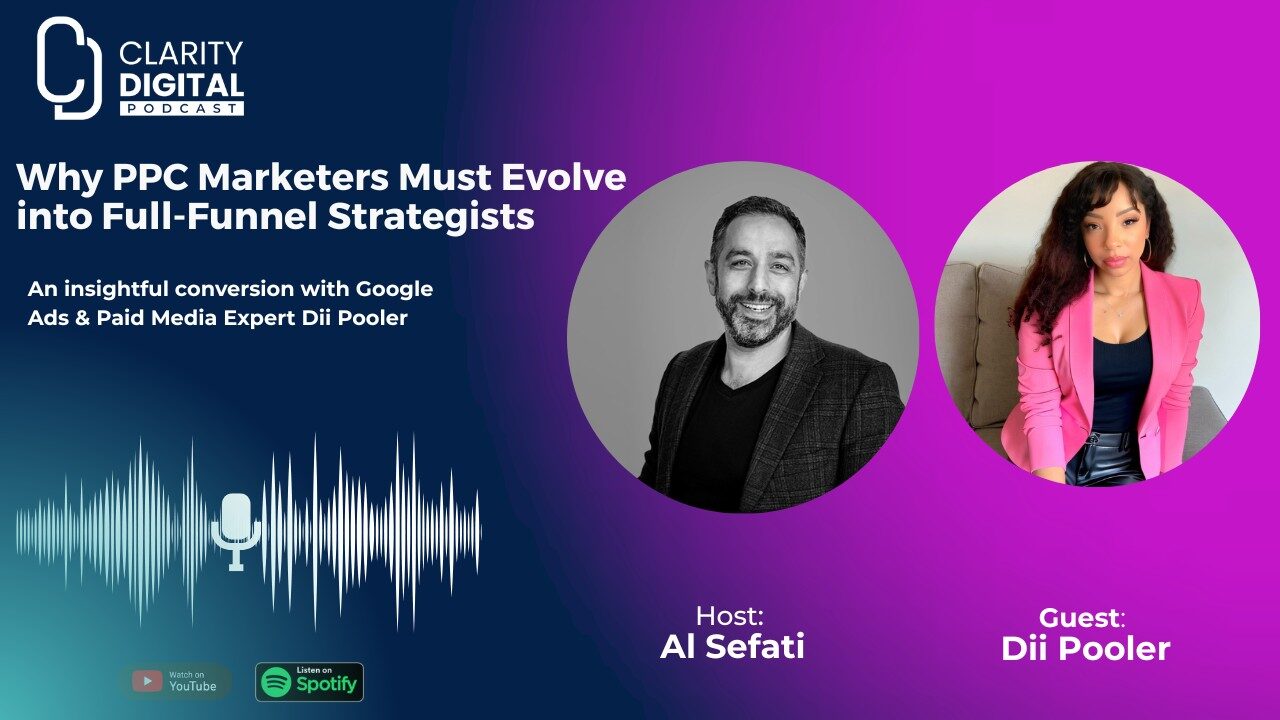In today’s dynamic digital ecosystem, marketing success increasingly hinges on the ability to reach the right audience, at the right time, on the right channel , automatically. Enter programmatic advertising, a technology-driven approach to buying and optimizing media in real time.
But while the promise of automation and efficiency is compelling, execution is everything. And that’s where the choice of partner becomes critical.
Whether you’re launching a high-impact branding campaign or building out a scalable lead-gen funnel, finding the best programmatic advertising agency can unlock measurable results — or cost you thousands in inefficiencies. In this guide, we’ll explore what truly separates the top programmatic advertising agencies from the rest and how to choose one that’s built to support your growth.
Why Partnering with a Programmatic Advertising Agency Matters
Programmatic advertising is no longer a “nice-to-have” — it’s the backbone of modern digital marketing. Unlike traditional ad buying, which relies on manual processes and fixed placements, programmatic platforms allow for real-time bidding on ad inventory, driven by algorithms and audience data.
A trusted programmatic advertising agency helps you tap into this system more effectively by:
- Navigating complex platforms and DSPs (Demand-Side Platforms)
- Integrating first- and third-party data for sharper targeting
- Creating omnichannel campaigns that span display, video, CTV, audio, DOOH, and mobile
- Continuously optimizing performance across channels and audiences
- Ensuring brand safety, viewability, and fraud prevention
In short, they bring the strategy, technology, and execution together — so you don’t have to go it alone.
Step 1: Define Your Advertising Objectives
Before diving into agency evaluations, pause and ask: What are we really trying to achieve?
A great programmatic strategy is built around clearly defined business goals. For some brands, that may mean top-of-funnel reach and awareness. For others, it could be lower-funnel performance like retargeting cart abandoners or generating qualified B2B leads.
Common goals include:
- Brand awareness: Reach users at scale with high-impact display and video formats
- Lead generation: Leverage intent-based targeting to drive actions
- Customer retention and retargeting: Use dynamic creative and behavioral signals to bring users back
- Omnichannel presence: Extend reach across multiple channels, devices, and environments
Also consider your vertical. The best programmatic advertising agencies often have deep expertise in industries like e-commerce, automotive, healthcare, finance, and legal — allowing them to navigate compliance, user behavior, and media nuances more effectively.
Step 2: Assess Core Competencies and Technology Capabilities
Once your goals are clear, it’s time to evaluate the agency’s foundation — their people, platform access, and process.
Here’s what truly matters:
Technology Stack
Top programmatic advertising companies aren’t limited to one platform. Instead, they work across several DSPs, each offering distinct advantages:
- The Trade Desk – known for premium inventory and CTV excellence
- Google DV360 – great for brands already invested in Google ecosystems
- MediaMath – offers strong data integrations and flexible audience management
Beyond the platforms themselves, ask whether the agency uses proprietary tools — like AI-driven bidding, real-time creative testing, or audience modeling. The more advanced their stack, the better your campaigns will perform.
Data Strategy
Data is the lifeblood of effective programmatic. The right agency should help you:
- Integrate your first-party data (email lists, CRM segments, website traffic)
- Enrich targeting through third-party or second-party data
- Build lookalike audiences to scale performance
- Execute cross-device and cross-platform targeting strategies
Transparency & Reporting
Opaque pricing and vague metrics are red flags. A top-tier agency offers:
- Full breakdowns of spend (media, tech, fees)
- Real-time dashboards or custom reporting
- Attribution models that go beyond “last click”
If you can’t see what’s working (and what’s not), you can’t improve it. Clarity is non-negotiable.
Experience & Expertise
Look for real-world proof, not just polished decks. The best partners provide:
- Case studies tied to business KPIs (not just impressions or CTRs)
- Industry-specific wins that show they understand your challenges
- High client retention rates — a major signal of long-term performance and trust
Step 3: Understand Their Strategic Approach & Support Model
Hiring a programmatic agency shouldn’t feel like hiring a vendor — it should feel like onboarding a strategic partner.
Look for agencies that:
- Customize strategies based on your brand’s needs and competitive landscape
- Provide a consultative approach, educating you along the way
- Offer frequent optimizations, not just set-it-and-forget-it campaigns
Also, don’t underestimate the importance of omnichannel execution. As user journeys become more fragmented, your media buying should follow suit. Top agencies can activate across:
- Display & Native Ads
- Video (in-stream, out-stream, pre-roll)
- Connected TV (CTV)
- Digital Out-of-Home (DOOH)
- Streaming Audio and Podcasts
- Mobile & In-App environments
If an agency lacks true omnichannel capabilities, they’ll struggle to capture your audience wherever they spend time.
Step 4: Do Your Due Diligence
Don’t just take their word for it — investigate.
Start by asking for:
- Client references — preferably from your industry
- Case studies with concrete metrics (e.g., 30% ROAS improvement, 50% lower CPA)
- Certifications and partnerships — like Google Partner status or DSP certifications
- Content and thought leadership — do they stay ahead of industry shifts?
A truly top programmatic advertising agency should feel like they’re operating a few steps ahead — not playing catch-up.
Step 5: Ask the Right Questions
Before signing anything, dig deep. Here are some strategic questions that reveal a lot:
- Which DSPs and data partners do you leverage — and why?
- How do you handle fraud prevention, viewability, and brand safety?
- What’s your reporting cadence and attribution approach?
- Can you share success stories from our industry vertical?
- How frequently do you optimize campaigns and review performance with clients?
- What’s your fee model: flat, percentage of spend, or hybrid?
The right answers will not only inform your decision — they’ll expose the agencies that lack real capabilities or transparency.
Step 6: Watch for Red Flags
Even some of the most well-known programmatic advertising companies fall short in critical areas. Here’s what to avoid:
- “Black box” platforms where you don’t control or see what’s happening
- Reluctance to share campaign data, fees, or optimization logic
- Overpromising without a data-backed plan
- Rigid contracts or high minimums with little flexibility
- No meaningful vertical experience
You deserve a partner who’s honest about what they can deliver — and who’s agile enough to meet your evolving needs.
Step 7: Shortlist & Test
Once you’ve narrowed down the field, ask for a pilot or test campaign. This will let you evaluate:
- Actual performance against agreed KPIs
- Communication, reporting, and support cadence
- How quickly and effectively the agency optimizes and scales
A good agency will treat even a small pilot as a strategic engagement, not a trial they’re trying to rush through.
Summary Table: What to Look for in the Best Programmatic Advertising Agency
| Criteria | What to Look For | Why It Matters |
|---|---|---|
| Tech & Data | DSP access, AI tools, data integrations | Enables better targeting & bidding |
| Transparency | Clear fee breakdowns, real-time dashboards | Ensures trust & accountability |
| Vertical Expertise | Proven wins in your industry | Reduces ramp-up & risk |
| Omnichannel Reach | Ability to run cross-platform campaigns | Maximizes reach and consistency |
| Support Model | Dedicated team, proactive optimization, strategic insights | Drives long-term performance |
Work With a Partner That Understands Programmatic From Every Angle
At Clarity Digital, we don’t believe in one-size-fits-all. Every DSP offers something unique — from premium video and CTV inventory on The Trade Desk, to deep integrations and scalability with DV360, to nimble targeting and analytics on emerging platforms.
Our team works with a variety of programmatic DSP platforms, and we tailor each solution to match your goals, audience, and budget. Whether you need to boost lead generation, scale brand awareness, or engage across multiple channels, we bring strategy, technology, and transparency together for results that matter.
Contact us today to find the right DSP fit for your campaign — and let’s build smarter, more effective advertising together.





